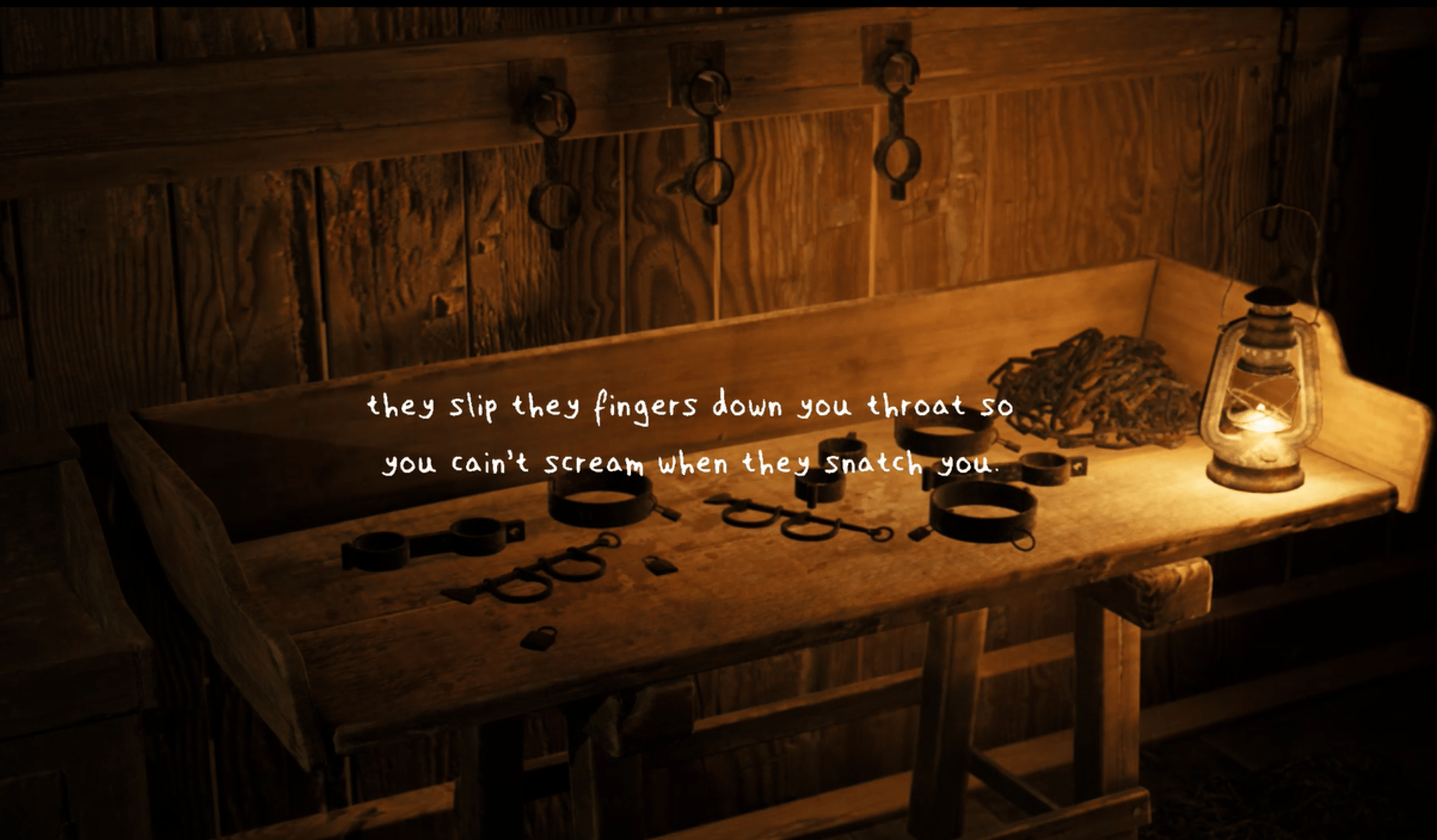SLAVERY AND ITS AFTERLIVES
Slavery wasn’t just an institution; it was an economic system which continues to inform our contemporary existence. Modern capitalism grew out of and was perfected during the era of chattel slavery. Likewise, global trade and economy are indebted to the trans-Atlantic slave trade. The texts invite us to consider the ways our modern economic and social systems, originating as they do in the era of slavery, depend upon oppression and marginalisation. There is a remarkable amount of literature available on this topic. Below is just a small selection of the research.
Amussen, Susan D. Caribbean Exchanges: Slavery and the Transformation of English Society, 1640-1700. Chapel Hill: The University of North Carolina Press, 2007.
Bender, Thomas (ed). The Antislavery Debate: Capitalism and Abolitionism as a Problem in Historical Interpretation. Oxford: University of California Press, 1992.
Davis, David Brion. Inhuman Bondage: The Rise and Fall of Slavery in the New World. Oxford and New York: Oxford University Press, 2006.
de Kom, Anton. We Slaves of Suriname. Cambridge: Polity Press. 1932 (re 2022).
Drescher, Seymour. Econocide: British Slavery in the Era of Abolition. Pittsburgh: University of Pittsburgh Press, 1977.
Dumas, Paula E. Proslavery Britain: Fighting for Slavery in an Era of Abolition. London: Palgrave Macmillian, 2016.
Gikandi, Simon. Slavery and the Culture of Taste. Princeton: Princeton University Press, 2014.
Hannah-Jones, Nicole. The 1619 Project: A New American Origin Story. London: OneWorld, 2021.
Heuman, Gad, and Walvin, James (eds). The Slavery Reader. London: Routledge, 2003.
James, C.L.R. The Black Jacobins: Toussaint L'Ouverture and the San Domingo Revolution [1938]. London: Penguin Classics, 2022.
Pinfold, John (ed). The Slave Trade Debate: Contemporary Writings for and Against. Oxford: The Bodleian Library, 2007.
Rodriguez, Junius P. The Historical Encyclopedia of World Slavery, 2 Volumes. Bloomsbury Academic, 1997
Semmel, Bernard. Governor Eyre Controversy. London: MacGibbon & Kee, 1962.
Semmel, Bernard. Jamaican blood and Victorian conscience: the Governor Eyre Controversy. Westport: Greenwood Press, 1976, c1962.
Shyllon, F.O. “Black Slaves in Britain”. Published for The Institute of Race Relations. London: Oxford University Press, 1974.
Slavery, Abolition, and Emancipation: Writings in the British Romantic Period, vol. 3. Ed. by Debbie Lee. New York: Routledge, 2016.
Walvin, James. Black Ivory: A History of British Slavery. London: HarperCollins, 1992.
Walvin, James. A Short History of Slavery. London: Penguin, 2007.
Woodard, Vincent. The Delectable Negro: Human Consumption and Homoeroticism within US Slave Culture. New York: NYU Press, 2014.
Slavery, a Peculiar Institution

Black Codes, Lynching, and Race Riots
Alexander, Michelle. The New Jim Crow: Mass Incarceration in the Age of Colorblindness. New York and London: Penguin, 2019.
Angiolini, Dame Elish QC. Report of the Independent Review of Deaths and Serious Incidents in Police Custody. 2017.
Athwal, Harmit and Bourne, Jenny. Dying for Justice. London: Institute of Race Relations, 2015.
Athwal, Harmit and Bourne, Jenny. Investigated or Ignored? An Analysis of Race-Related Deaths Since the Macpherson Report. London: Institute of Race Relations, 2016.
Athwal, Harmit, et al. “Racial Violence: The Buried Issue.” IRR Briefing Paper No. 6. London: Institute of Race Relations, 2010.
Back, Les. “New Crass Massahkah: Remembering the fire at 439 New Cross Road.” Goldsmiths University London Blog, 2016.
Baker, David V. and Gilbert, Garcia. “An Analytical History of Black Female Lynchings In The United States, 1838-1969”. Journal of Qualitative Criminal Justice & Criminology, 8.1 (2019): 83-121.
Benyon, John. Scarman and After: Essays Reflecting on Scarman’s Report, the Riots and their Aftermath. Oxford: Pergamon Press, 1984.
Alternate link via Internet Archive.
Bourne, Jenny. “The Life and Times of Institutional Racism”. Race & Class, 43.2 (2001): 7-22.
Bowling, Benjamin. Violent Racism: Victimisation, Policing and Social Context. Oxford: Claredon Press, 1998.
Bowling, Benjamin and Phillips, Coretta. Racism, Crime and Justice. Harlow: Pearson Longman, 2002.
Bridges, Lee. “The Lawrence Inquiry – Incompetence, Corruption, and Institutional Racism”. Journal of Law and Society, 26.3 (1999): 298-322.
Burnett, Jon. Racial Violence and the Brexit State. London: Institute of Race Relations, 2016.
Cathcart, Brian. The Case of Stephen Lawrence. London: Penguin Books, 2000.
Cochran, Donald Q. “Ghosts of Alabama: The Prosecution of Bobby Frank Cherry for the Bombing of the Sixteenth Street Baptist Church.” Michigan Journal of Race & Law 12.1 (2006).
Jenkinson, Jacqueline. Black 1919: Riots, Racism and Resistance in Imperial Britain. Liverpool: Liverpool University Press, 2009.
Holdaway, Simon and O'Neill, Megan “Institutional Racism after Macpherson: An Analysis of Police Views”. Policing and Society, 16.4 (2006): 349-69.
Lea, John. “The Macpherson Report and the Question of Institutional Racism”. Howard Journal of Criminal Justice, 39.3 (2002): 219-33.
Miles, Robert. “The Riots of 1958: Notes on the Ideological Construction of “Race Relations” as a Political Issue in Britain”. Immigrants and Minorities, 33 (1984): 252-275.
Murphy, Sean. “Oklahoma’s Supreme Court dismisses lawsuit from last 2 survivors of Tulsa Race Massacre seeking reparations”. PBS News. 12 June 2024.
Peplow, Simon. Race and Riots in Thatcher’s Britain. Manchester: Manchester University Press, 2019.
Solomos, John. “Race, Rumours and Riots”. Sociological Research Online, 16.4 (2001).
Troyna, Barry and Hatcher, Richard. “Racist Incidents in Schools: A Framework for Analysis”. Journal of Education Policy, 6.1 (1991): 17-31
Waldrep, Christopher. The Many Faces of Judge Lynch: Extralegal Violence and Punishment in America. New York: Palgrave Macmillain, 2002.
